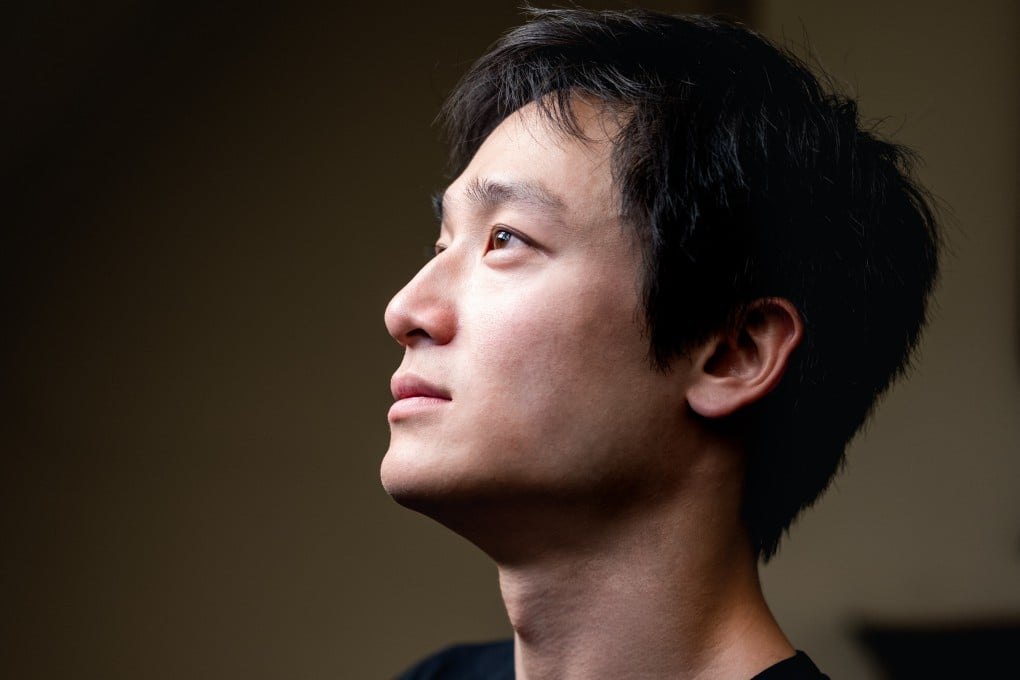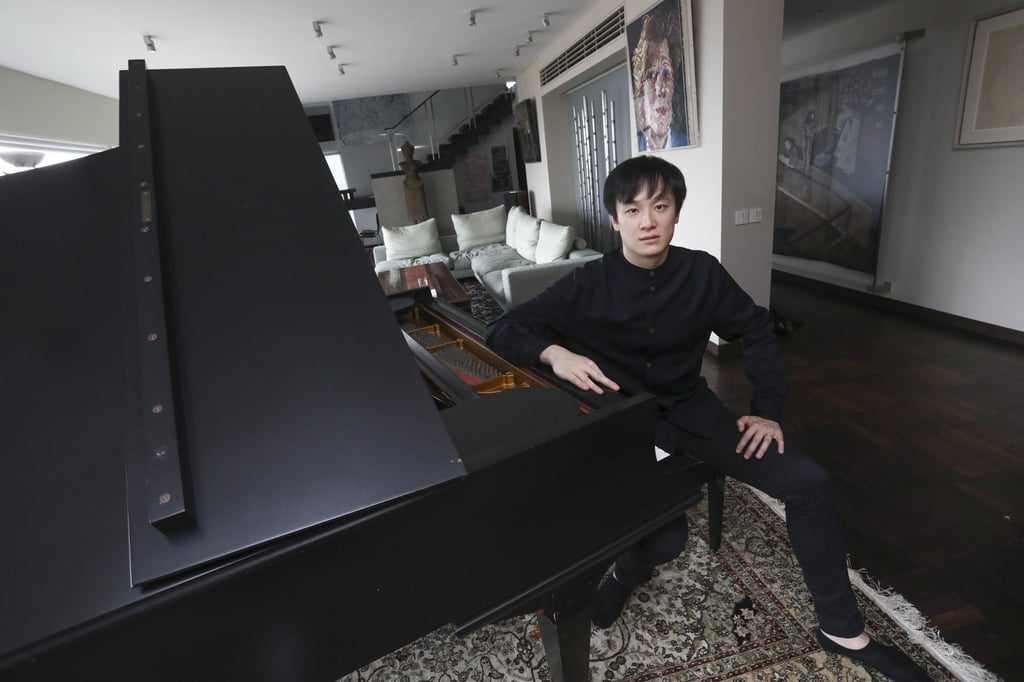On the wonders of Bach, transcribing Liszt and his return to Hong Kong: classical pianist Chiyan Wong
- Chiyan Wong, 32, has quickly become a shining star in the world of classical piano, with critics praising his skill at finding new ways to express himself
- He says pieces of music continue to evolve with each new player, who should aim to transform the notes rather than just interpret them

Hong Kong-born classical pianist Chiyan Wong might have just moved to Berlin in Germany after living in London, but he’s thrilled to be back in the world city of Asia for a series of concerts, he says.
“My life in Hong Kong informs how I play, and being away has shown me how much I love this place, and how attached to it I am in so many different ways. It’s wonderful to come back and share my work with the audiences here,” he says.
Wong has quickly become a shining star in the world of classical piano, with critics praising his precision, dynamic range and skill at finding new ways to express himself on the instrument. It’s no surprise that the 32-year-old counts Franz Liszt, the 19th-century composer and pianist who pushed the instrument to its limits, as one of his major influences.

Wong’s debut 2017 CD release was Liszt Transfigured: Operatic Fantasies for Piano, for which he edited Liszt’s own piano transcriptions of operatic melodies. Wong followed the composer’s notes about transcription, and added his own coda to Liszt’s Fantasy on Themes from Mozart’s Figaro and Don Giovanni. “Wong skilfully balances fire, flair and levity,” said British newspaper The Guardian of the release.